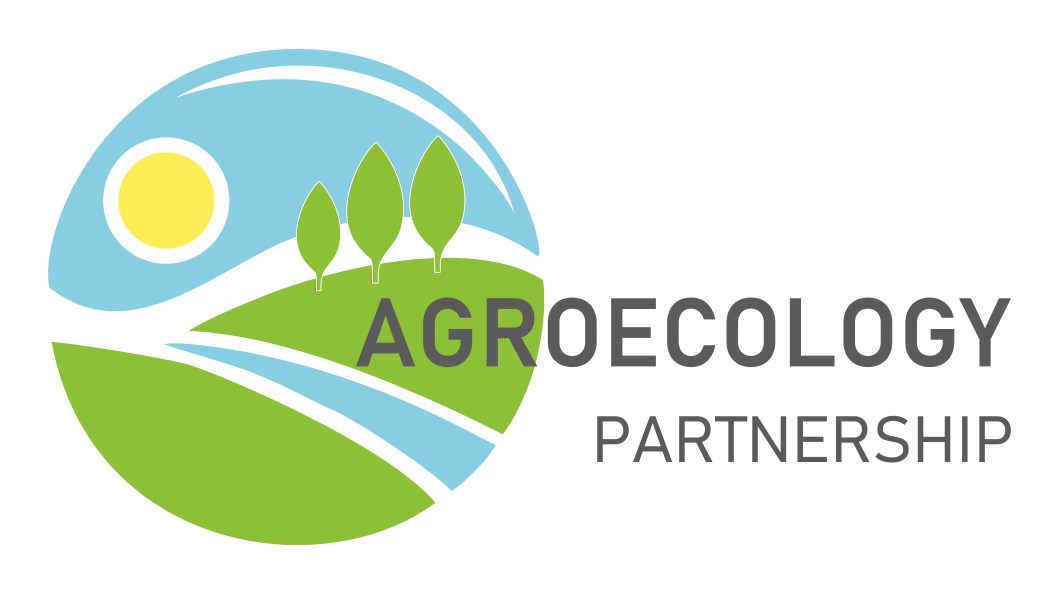The project applies a transdisciplinary and systemic approach to address the problems and challenges of agri-food systems in Europe and beyond.

Preliminary information
SCIENTIFIC MANAGER: Paola Migliorini
OTHER UNISG RESEARCHERS INVOLVED: tbd
PARTNERSHIP: University of Gastronomic Science (Leader); Consiglio per la ricerca in agricoltura e l’analisi dell’economia agraria CREA Centro di ricerca Agricoltura e Ambiente (Italy); ISARA Agroecology and Environment (France); VEGEPOLYS VALLEY Innovation (France); Chambre d’Agriculture de Région Pays de la Loire (France); Free University of Bozen- Competence Centre for Plant Health (Italy); University of Kassel International Agricultural Policy and Environmental Governance (Germany); CICYTEX (Spain); University of Coimbra Department of Life Sciences (Portugal); VetAgro Sup (France); Fondazione Italiana per la Ricerca in Agricoltura Biologica e Biodinamica; Asociatia Acces la Pamant pentru Agroecologie – A.L.P.A. (Romania); Wageningen Plant Research Agrosystems (Netherlands); Wageningen University Rural Sociology (Netherlands); Vereinigung Ökologischer Landbau in Hessen e.V. VOEL (Germany); Entretantos Foundation Agroecología (Spain)
DURATION OF THE PROJECT: 36 months (May 2025 – April 2028)
FUNDING INSTRUMENT: 2024 1st Co-funded Call Agroecology. co-funded by MASAF (Ministry of Agriculture, Food Sovereignty and Forestry)
MAIN INTERDISCIPLINARY RESEARCH AREA IN UNISG: Environment
SDGs:
![]()
![]()
![]()
![]()
![]()
![]()
![]()
![]()
![]()
![]()
Description
The ALL-Facts project, coordinated by the University of Gastronomic Sciences, was among the winners of the international call “2024 1st Co-funded Call Agroecology” issued by the entities participating in the Agroecology Partnership for the financing of research, development and innovation projects aimed at promoting the agroecological approach at company and territorial level.
The project is based on existing and new agroecology living labs (ALL) with multi-actors and focuses on agroecological practices of diversification in farming and food systems to evaluate their impact on ecosystem services at the landscape level as well as evaluate and develop governance approaches and policies for their sustainable upscaling to the territorial level. In order to do that it will:
- Select the best-suited agroecology practices adapted to the landscape/territorial level for agrifood system diversification.
- Support a network of 11 ALLs already existing (3 Italian, 1 Spanish, 1 German, 1 French, 3 Dutch) or emerging (1 French, 1 Romanian) at territorial levels in 6 different EU countries and 5 pedoclimatics zones and promote upscaling of agroecology and accelerate the agroecology transition.
- Perform an integrated assessment of the socio-economic impacts and ES of the proposed practices using 2 methodologies: i) APES Framework (Agroecological Practices to assess Ecosystem Services) and participatory mapping methodology at territorial level; ii) Me4ALL Framework (Monitoring and Evaluation for ALLs). Identify the most promising governance processes and multi-level policies to support an upscaling of ALLs to the landscape level and beyond.
- Co-create solutions by relying on a participatory approach for re-designing agroecosystems at the territorial level. By integrating ecosystem services, socio-political and economic aspects we will identify transition paths specific for each territory and that way shape exemplary territories for upscaling co-learning and imitation across Europe.
Sito web
n.d.
Pubblicazioni
(non presenti)
News dal progetto
(non presenti)

